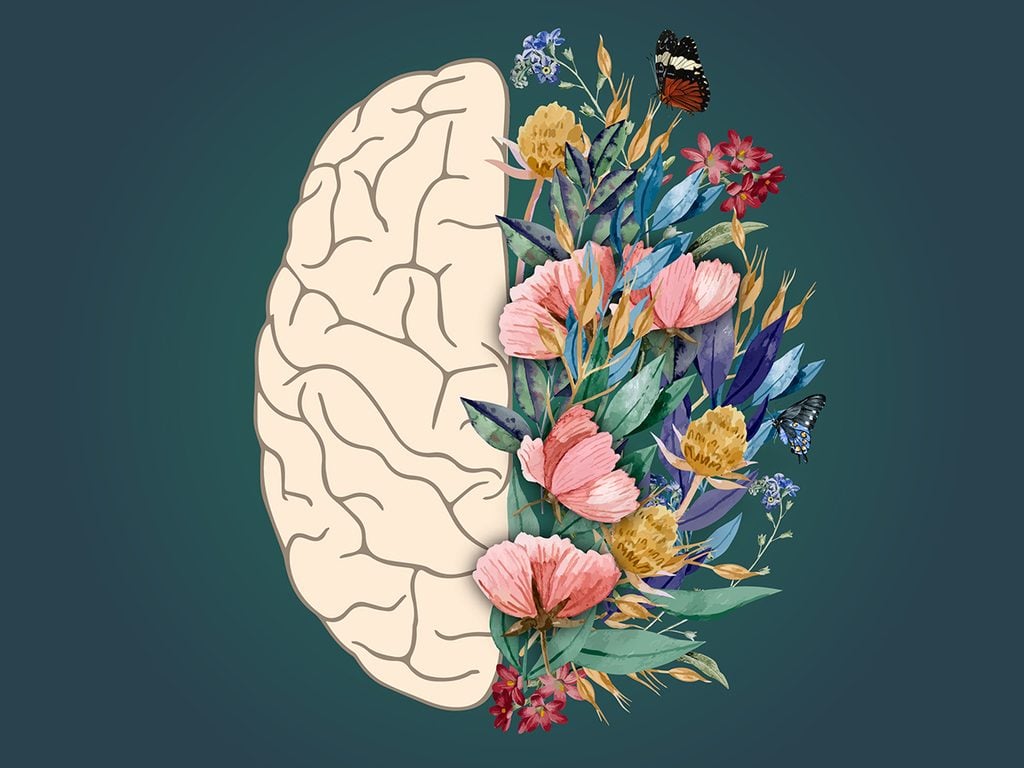The Importance of Making Memories During Pandemic Life

Creating positive memories, when every day feels the same, can benefit your health.
We’re told having a routine is healthy—it can give structure to your day, prevent procrastination, offer a sense of purpose—but as the most played-out saying in the wellness world goes, it’s all about moderation. Turns out, during these days of social isolation, when it can feel like you’re living the same day over and over again, resisting the script can help you create better memories. And these memories not only offer vital health benefits, but also may be your only hope for looking back fondly at 2020 and 2021.
Studies show many Canadians are feeling anxious, lonely, and depressed during the pandemic. For those not directly affected by the virus, restrictions on daily life and the inability to create special moments can be to blame. There’s a strong link between missing memories and diminished emotional well being, says Morgan Barense, Ph.D, professor in the field of Perception, Cognition and Cognitive Neuroscience at the University of Toronto and Canada Research Chair. “Feeling like you haven’t done anything or not remembering what happened is really disorienting and stressful,” she says. Memories comprise our identity—who we are is closely tied to what we have done. An unsettling feeling can arise when we don’t have new memories—or can’t remember what we’ve been doing.
The reason it’s hard to recall what you’ve been up to in the past few months is that we don’t have many sensory experiences in our day-to-day lives anymore, says Richard Amaral, a psychologist in Markham, Ontario. To create more memories, you need situations that trigger the senses. “An emotionally-charged event will stimulate areas of the brain responsible for smell, hearing, taste, sight, which makes the event stick with you,” says Amaral. In addition, an event that surprises you or one in which you learn something about yourself is also likely to earn a spot in the memory bank.
So, here’s the task: Add sensory experiences to your daily life — even to monotonous tasks, when you’re barely leaving the house — to make moments distinctive and more pleasant, says Barense. Instead of eating breakfast at your kitchen table, take your coffee and bagel to the park. Instead of just another weekend routine of Netflix binges, offer kids a choose-your-own-adventure day when they get to pick from a list of activities to do and foods to eat.
The goal is to elevate the peaks (good memories) and smooth out the pits (bad memories), said Chip Heath, author of The Power of Moments, on an episode of the goop podcast in 2018. Even if you find the pandemic to be boring the majority of the time, it can be remembered in a positive light by injecting a few enjoyable sensory experiences into it.
Think about the typical experience at a place like Disney World, Heath says. The average wait time for a ride can be 60 minutes, and the average ride time is about two minutes. The wait time, which is comprised of not more than taking slow steps, walking through winding pathways, and dealing with tired kids, is dull but not awful enough to be a “pit,” while the ride, full of surprises, is a “peak.” A peak outweighs long expanses of monotony in the memory bank.
This form of unconscious selective memory can be healthy. “Positive reminiscence is linked to all sorts of good outcomes in terms of emotional well-being,” says Barense. “Depression is linked to distortions in one’s memory—focusing on the negative aspects as opposed to the positive ones,” she says. “If you focus more on the positive elements of the experience, you tend to be more positive overall.”
Not only will your mood benefit from positive reminiscence, but your brain will too. Studies suggest people who do a variety of activities tend to have better memory function. “The more events you have to remember,” says Barense, “the more remembering you’ll do, and the better your memory will be.”
To reinforce your memories, consider recording them. Amaral suggests journalling, making note of any out-of-the-ordinary experiences that can be reviewed when you’re feeling down. Heath suggests getting into the routine, on each birthday, of summarizing one major lesson you learned that year and want to remember. After all, having a routine is good–in moderation.
Next, learn the priorities to make for a happy, healthy life.




